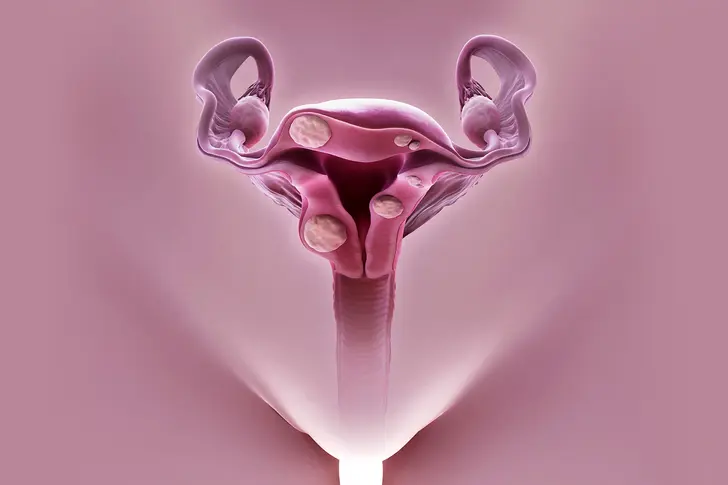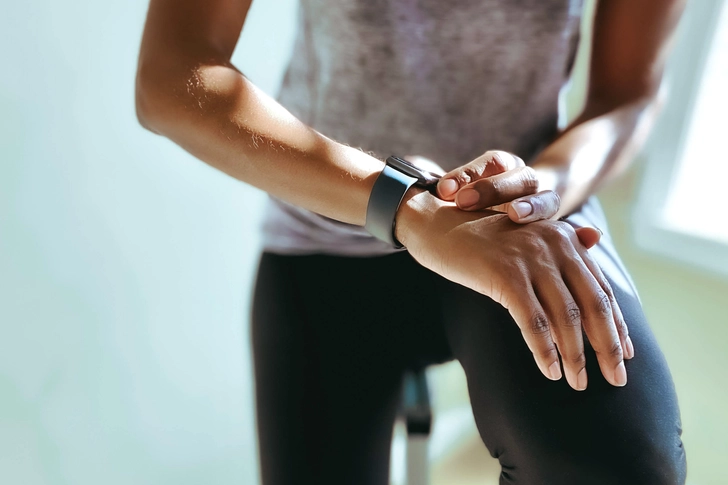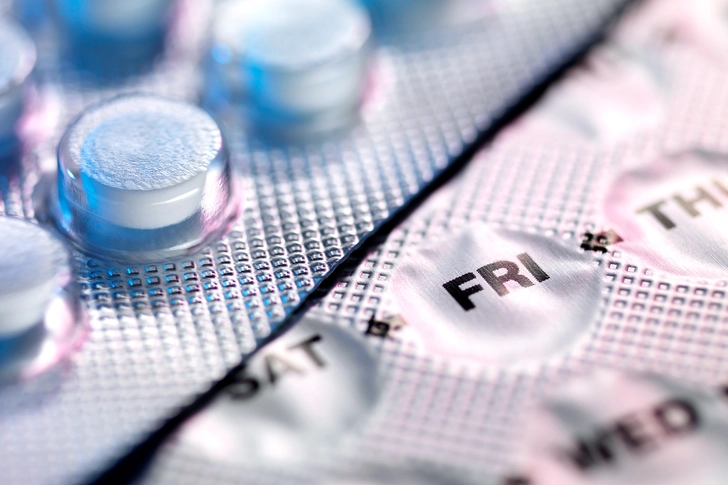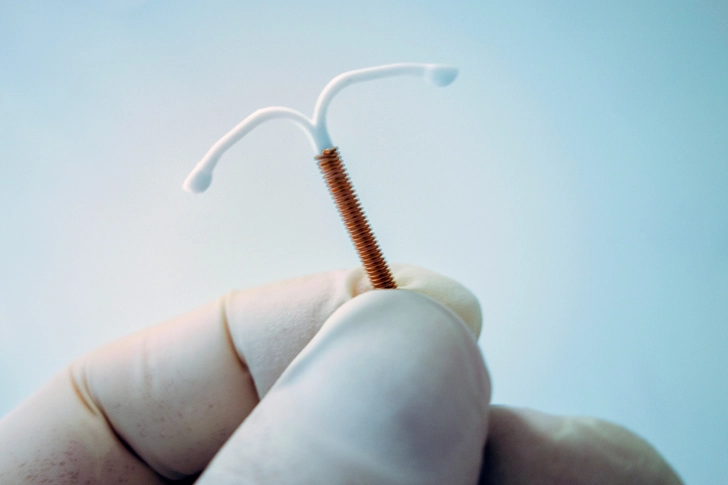10 Ways to Deal With the Stress of Having Uterine Fibroids


What Are Uterine Fibroids?
Uterine fibroids are muscular tumors that grow in the wall of your womb. They're almost always noncancerous and can be small or as big as a bowling ball. While most people don’t experience any symptoms from uterine fibroids, they can cause issues and stress for others.

1. Manage Your Pain
As fibroids grow, they sometimes cause pressure and pain in your lower back or pelvis. Your doctor may suggest pain relievers from the drugstore, like ibuprofen or naproxen. If you have serious pain, talk to your doctor about other treatments.

2. Keep a Healthy Weight
Carrying extra weight or having obesity increases your risk of fibroids. Getting regular exercise, in contrast, can help you maintain a healthy weight and manage stress. Exercise also lowers your risk of other diseases like type 2 diabetes or heart disease.

3. Eat a Healthy Diet
Uterine fibroids can cause bloating and constipation, which can be uncomfortable and distressing. If you have stomach pain or have trouble pooping, eat more fruits, vegetables, and whole grains. The extra fiber can soften your stool and make it easier to pass.

4. Take a Break From Sex
Sex can be painful and stressful for some people with uterine fibroids. If sex hurts or makes you feel anxious, talk to your partner about taking a break for a little while. You can still be intimate and try other sexual activities if you like, but taking a break can relieve some of the stress.

5. Take Medication for Fibroid Treatment
Some medications can help ease your uterine fibroid symptoms. These include the birth control pill, progesterone pills, progesterone injections, and gonadotropin-releasing hormone (GnRH) analogs. Talk to your doctor about whether one of these might be a good treatment option for you.

6. Get More Sleep
Sleep helps your body rest and your brain recharge. Poor-quality sleep and sleep loss can affect your mood, memory, and stress. Getting an extra 60 to 90 minutes of sleep every night, on the other hand, can help you feel happier and healthier.

7. Limit Your Alcohol
Some people drink alcohol to ease stress. While it can temporarily help you relax and feel good, drinking to relieve ongoing stress can affect your brain and lead to anxiety, depression, and sleep loss. Heavy drinking also raises your risk of developing uterine fibroids. Limit your alcohol to 1 drink or less a day.

8. Manage Your Period
If your uterine fibroids cause heavy bleeding and blood clots during your period, talk to your doctor about a hormonal intrauterine device, or IUD. An IUD is a T-shaped device that’s inserted into your womb and acts as birth control. Some types release the hormone progesterone and can control bleeding.

9. Try Gentle Stretching
Gentle exercises like yoga or tai chi blend stretching, breathing, and meditation for a relaxing mind-body experience. Try slow-paced forms of yoga, like Hatha yoga, to particularly lower your stress and anxiety.

10. Find Support
If you’re having trouble coping with your symptoms or your stress, talk to a counselor. They can help you learn healthy ways to manage your emotions and your condition. You might also find it helpful and comforting to talk to other people who live with uterine fibroids.
Photo Credits:
1) SCIENCE PICTURE CO / Science Source
2) Westend61 / Getty Images
3) Grace Cary / Getty Images
4) NemanjaMiscevic / Getty Images
5) Jacobs Stock Photography Ltd / Getty Images
6) TEK IMAGE / Getty Images
7) Charday Penn / Getty Images
8) ljubaphoto / Getty Images
9) Lalocracio / Getty Images
10) Marco VDM / Getty Images
11) JGI/Jamie Grill / Getty Images
SOURCES:
Office on Women’s Health: “Uterine Fibroids.”
Johns Hopkins Medicine: “Fibroids.”
CDC: “Physical Activity Prevents Chronic Disease," “Tips for Coping with Stress.”
Harvard T.H. Chan School of Public Health: “Fiber.”
Mayo Clinic: “Painful intercourse (dyspareunia).”
National Health Service: “Fibroids — Treatment.”
American Psychological Association: “Stress and sleep.”
CDC: “Alcohol and Substance Use.”
Mayo Clinic: “Uterine fibroids.”
National Institutes of Health National Institute on Alcohol Abuse and Alcoholism: “The Link Between Stress and Alcohol.”
Mayo Clinic: “Yoga: Fight stress and find serenity.”
CDC: “Tips for Coping with Stress.”